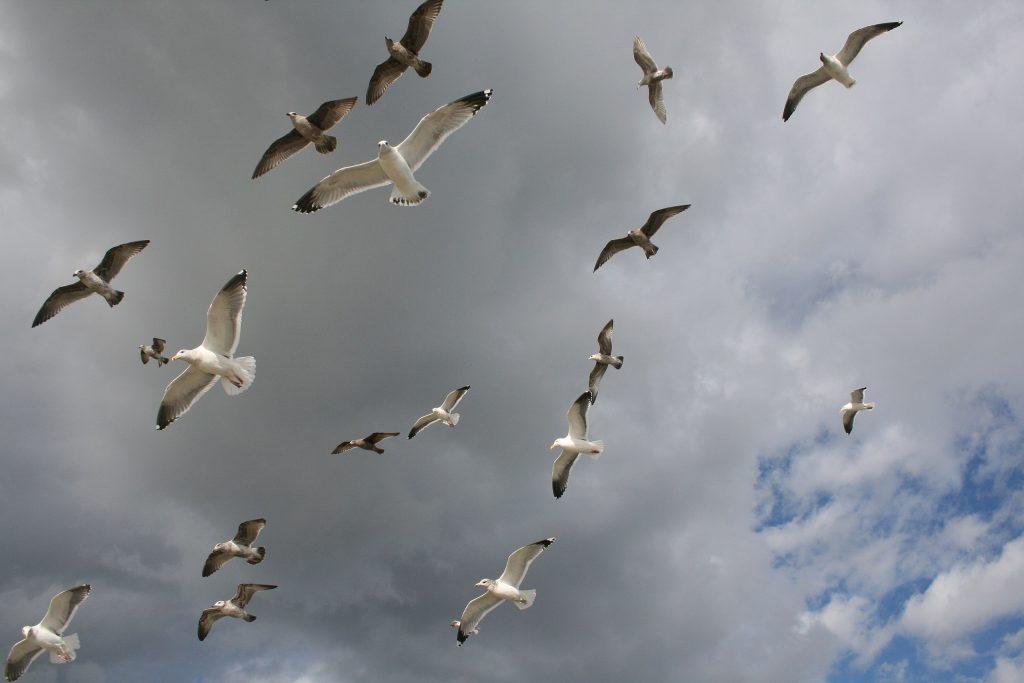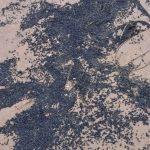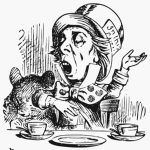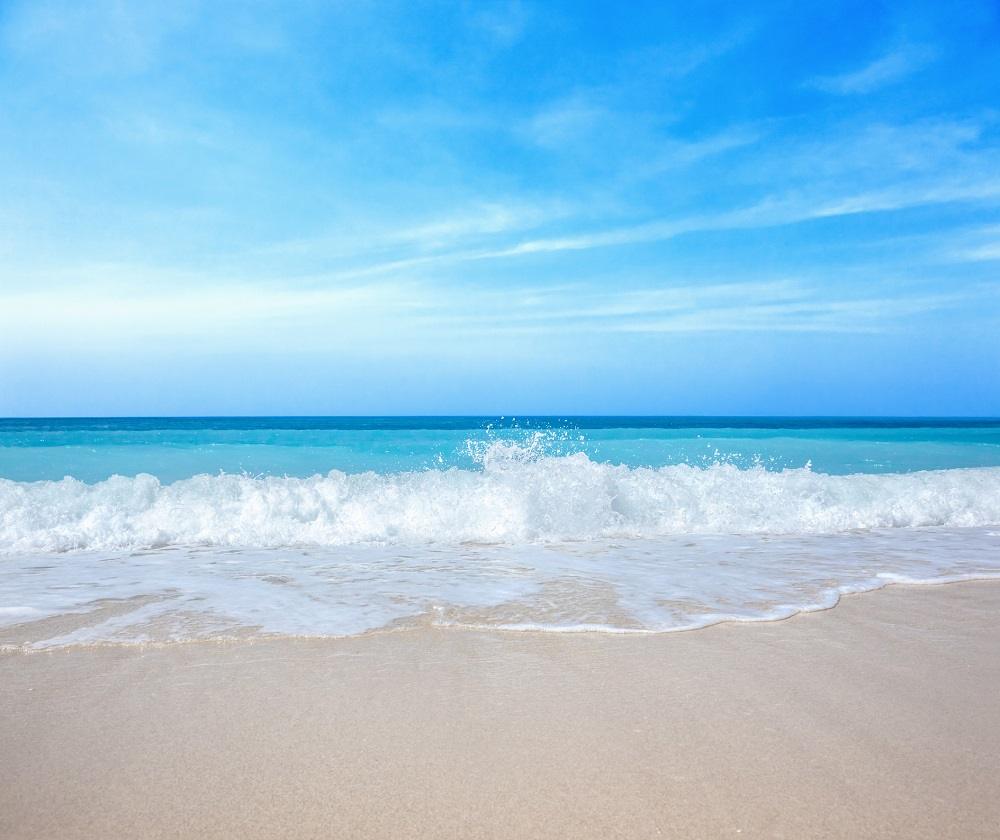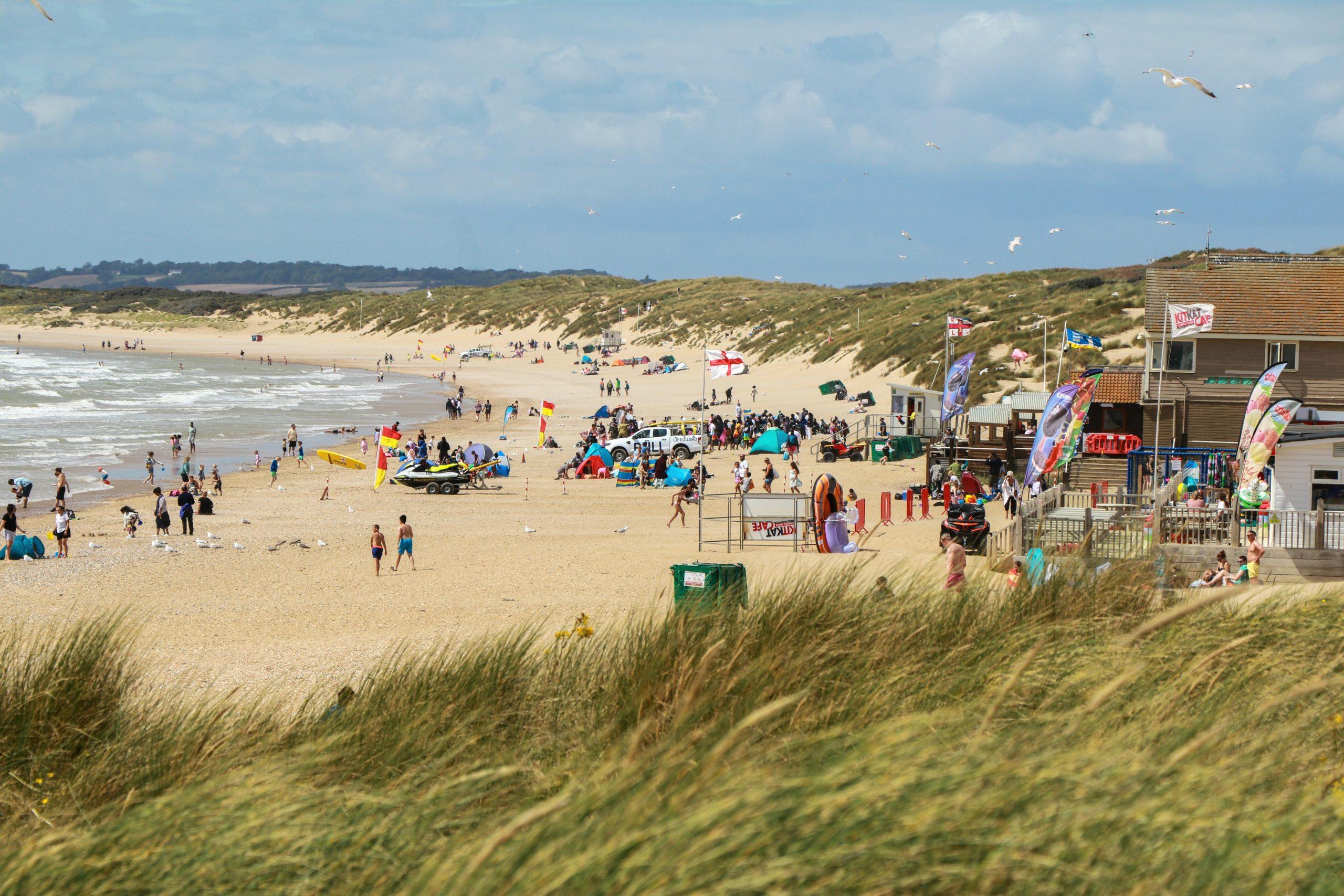In a recent conversation with a local fisherman, one of our team moaned at a noisy sea gull was squawking loudly, drowning out our chat. He said to them, “Don’t moan about the sea gulls – they are the souls of dead fishermen!”
We were a little was surprised that we had never heard of that superstition before, even after having lived in a fishing area for over a quarter of a century, so I decided to look into it.
The belief seems to be worldwide, although in the southern hemisphere it is applied to the albatross, rather than the sea gull, as that is the common sea bird there.
The root of the superstition is in the ancient belief in ‘metempsychosis’ – or the transmigration of a soul into another living being. In coastal areas, people believed that when someone died, their soul could inhabit the body of a bird.
Fishermen and sailors, who faced greater perils than most while at sea, were among the most superstitious people. They believed the birds that came to fly alongside their boats carried the souls of men who died at sea. In their view, killing one was akin to murdering a fellow human being.
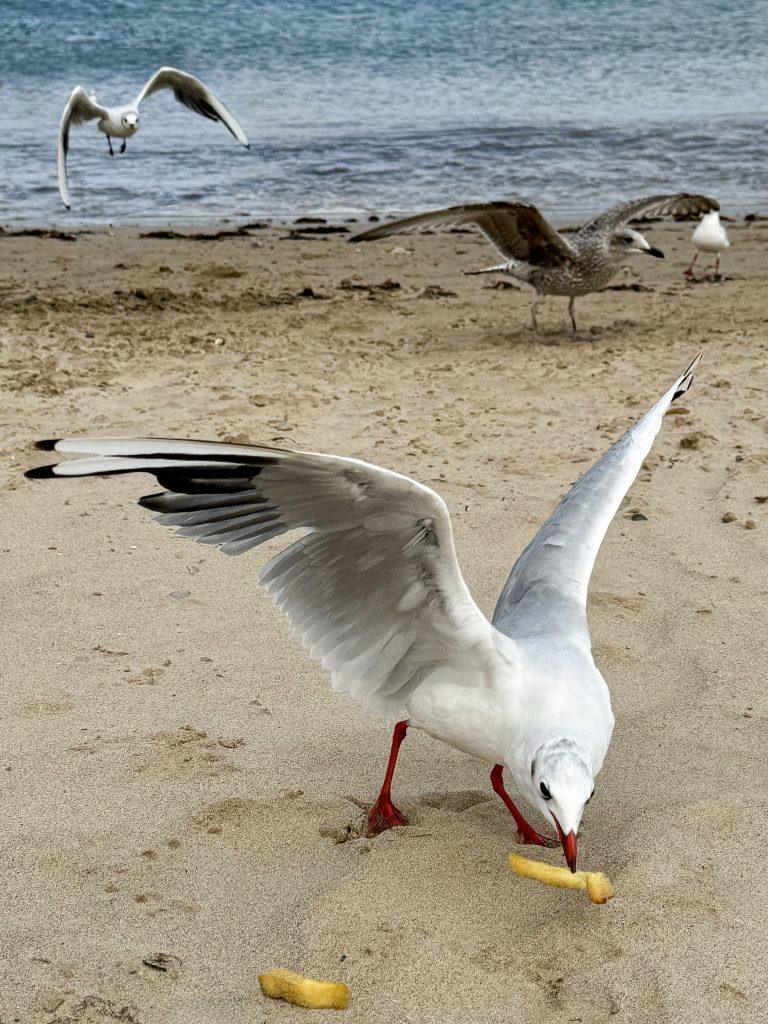
However, the birds were sacred for another reason, too. It was thought that the souls of the dead had the power to see both the past and the future, so their presence was seen as a warning of danger ahead.
Seagulls carrying the souls of dead sailors were said to screech just before a disaster, and the presence of a storm petrel flying beside a boat was enough to convince the living souls aboard that they were in danger of drowning.
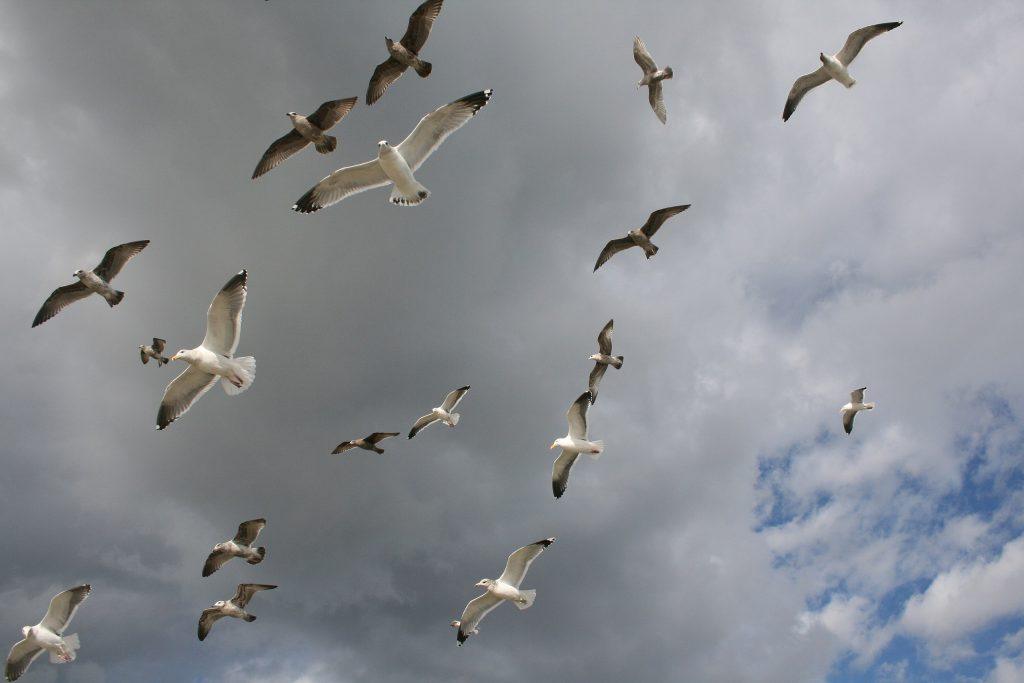
While the superstitions in the northern hemisphere were seen as warnings, in the southern hemisphere, the presence of an albatross was seen as a good omen. Also believed to be carrying the soul of a dead sailor, the albatross, with its large wingspan (up to 11 feet) and soaring flight, made sailors believe it brought favourable winds with it.
They believed that killing or harming an albatross would bring disaster, and take away those good winds. In fact, killing an albatross was the sin that cursed the ‘Ancient Mariner’ in Samuel Taylor Coleridge’s famous 1798 poem:
God Save the, ancient Mariner,
From the fiends that plague thee thus!
Why look’st thou so?” –
“With my crossbow
I shot the Albatross.”
… And I had done an hellish thing
And it would work ‘em woe:
For all averr’d, I had killed the Bird
That made the Breeze to blow.
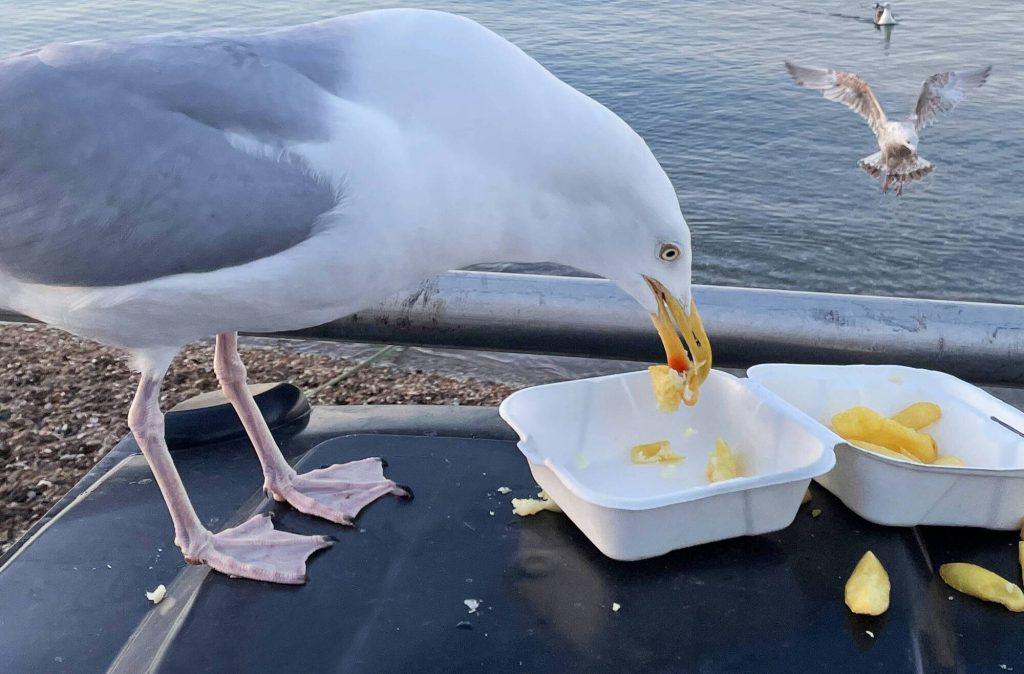
In Britain’s sailing and fishing communities it was believed that sea gulls kept the public safe by scavenging and eating dead fish and fish offal that littered the beaches and could have created a breeding ground for germs and disease. (Although the sea gulls in Camber seem to prefer battered cod and chips!)
In most reports that we’ve read during our research, it seems that the belief in sea gulls as soul-birds remained alive until the late 19th century.
However, judging by conversations with our local fisherman, the belief is very much still alive and kicking! In future, we won’t be so quick to moan at a sea gull for squawking – just in case it’s squawking out a warning!
